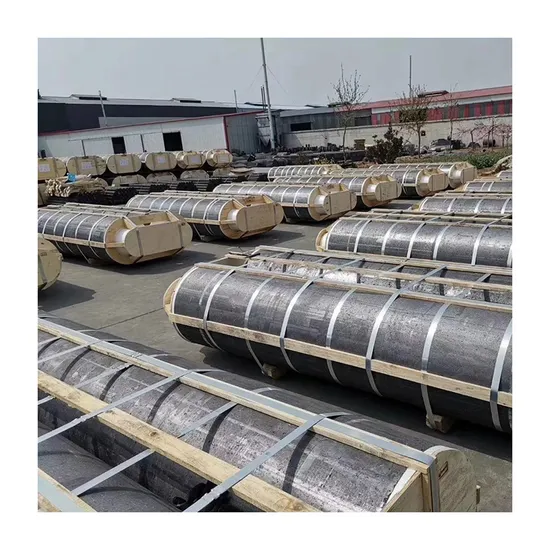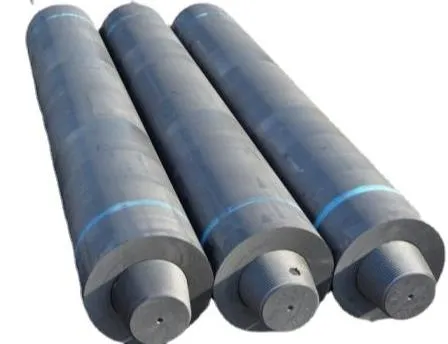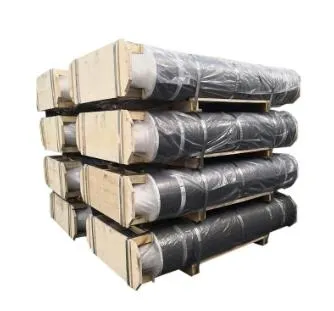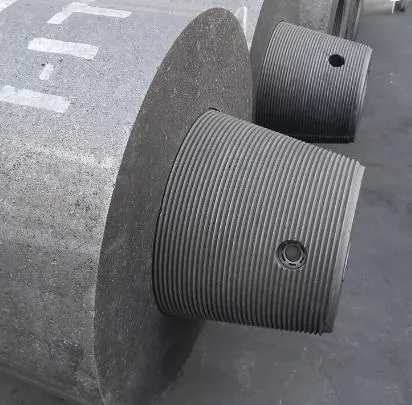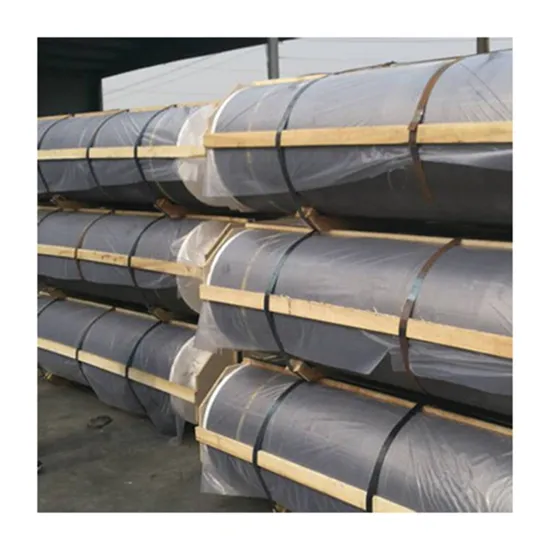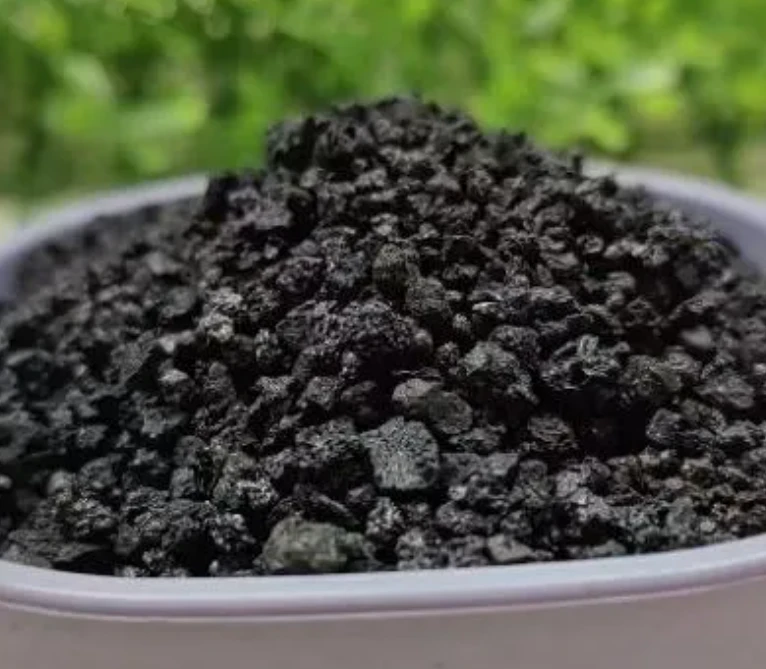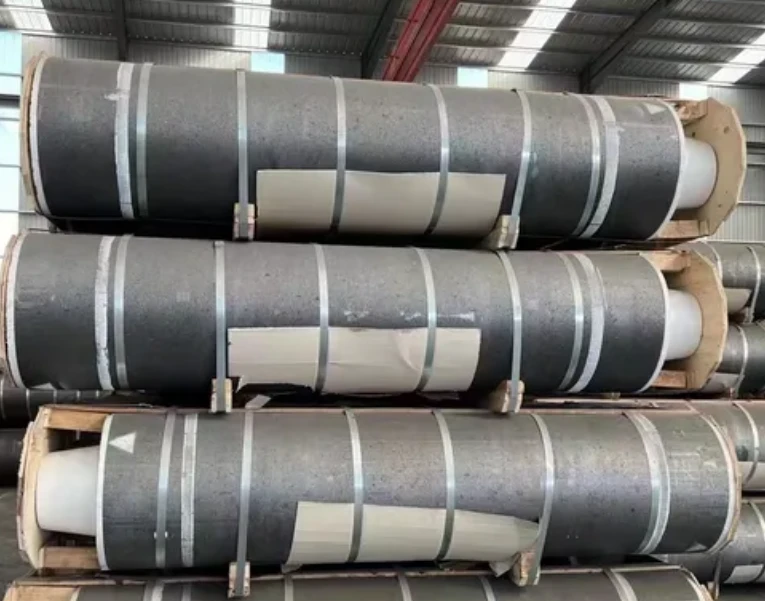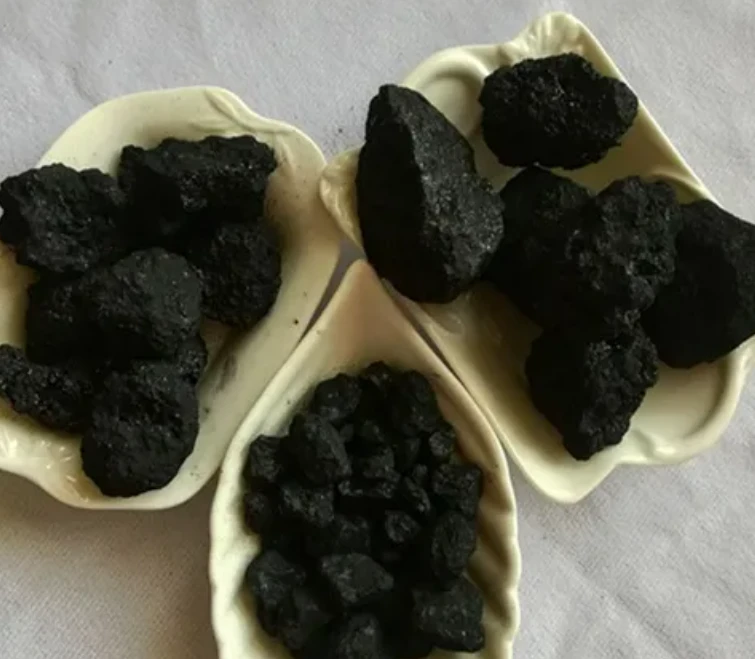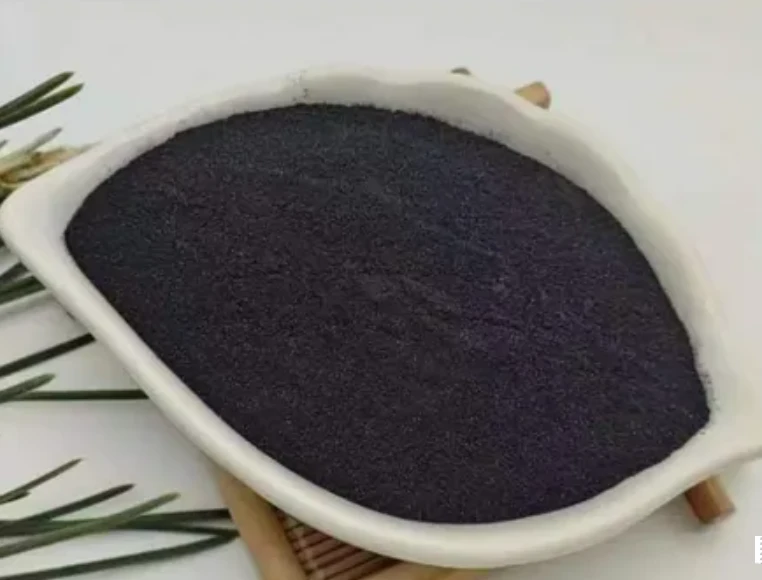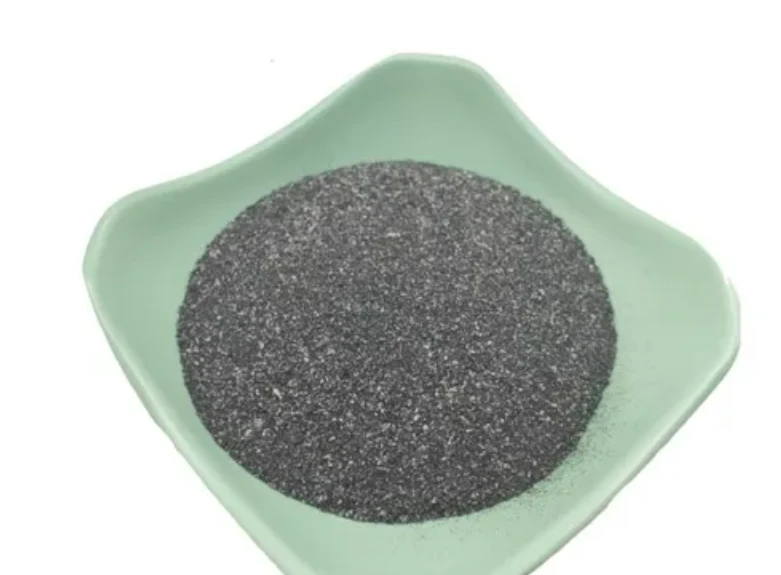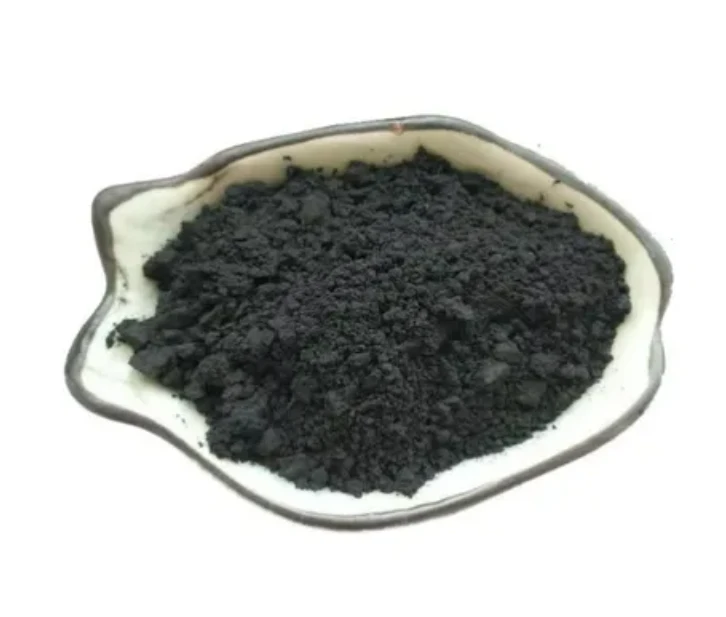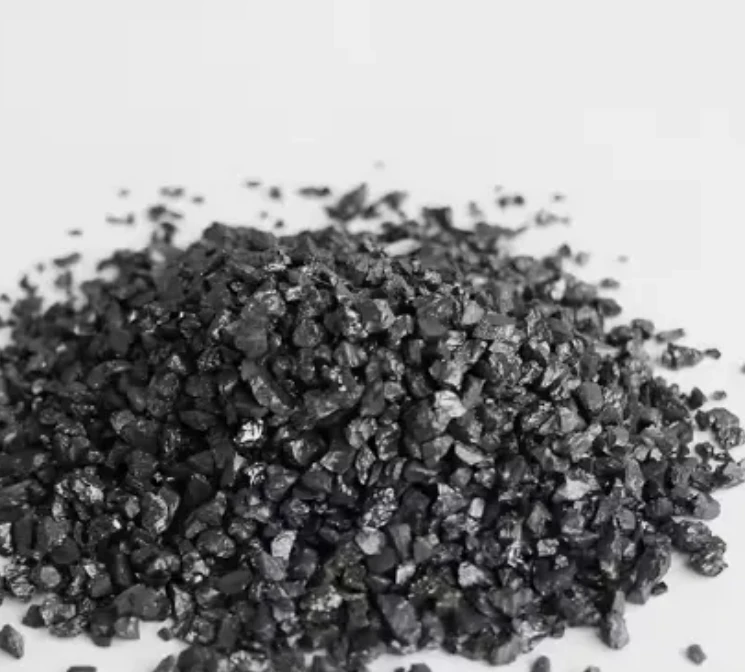- Englist


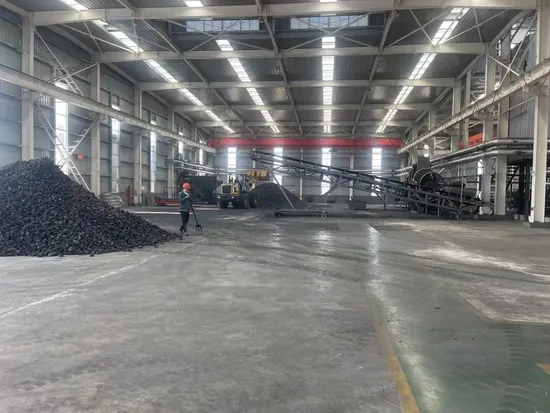
Polyaspartic Acid (PASP) for Agricultural Fertilizer Efficiency | Green Solutions for Sustainable Farming

Introduction to Polyaspartic Acid (PASP)
Polyaspartic Acid (PASP) is a cutting-edge polymer that has revolutionized the agricultural industry by enhancing fertilizer efficiency and promoting sustainable farming practices. As a biodegradable and eco-friendly compound, PASP offers a unique solution to the challenges of modern agriculture, including soil degradation, nutrient runoff, and rising production costs. This article explores the science behind PASP, its applications in agriculture, and the benefits it provides to farmers and agribusinesses worldwide.
At ThinkDo Chemicals, we specialize in developing innovative chemical solutions for the agricultural sector. Our commitment to sustainability and technological advancement has positioned us as a leader in the production of high-performance additives like PASP. By integrating PASP into fertilizer formulations, we empower farmers to achieve higher yields while minimizing environmental impact.
Understanding the Science of Polyaspartic Acid
Polyaspartic Acid is a synthetic polymer derived from aspartic acid, an amino acid naturally found in plants and animals. Its molecular structure allows it to chelate metal ions, making it an effective soil conditioner and fertilizer enhancer. When incorporated into fertilizer blends, PASP acts as a nutrient carrier, improving the availability of essential elements such as nitrogen, phosphorus, and potassium to plant roots.
The key mechanisms of PASP in agriculture include:
- Enhanced Nutrient Uptake: PASP forms complexes with nutrients, preventing them from leaching into groundwater and ensuring they remain accessible to plants.
- Soil Structure Improvement: By binding soil particles, PASP increases soil porosity, promoting better root development and water retention.
- Reduced Fertilizer Waste: PASP's controlled release properties minimize nutrient loss, reducing the need for frequent applications and lowering overall input costs.

Market Demand and Industry Challenges
The global agricultural sector faces significant challenges, including the need to feed a growing population while preserving natural resources. Traditional fertilizers often lead to soil degradation, water pollution, and increased production expenses. According to the Food and Agriculture Organization (FAO), approximately 40% of fertilizers applied to crops are lost to the environment due to inefficient nutrient management.
PASP addresses these issues by providing a sustainable alternative that aligns with the principles of precision agriculture. By optimizing nutrient use efficiency, PASP helps farmers reduce fertilizer inputs by up to 30%, as demonstrated in field trials conducted by leading agricultural research institutions. This not only lowers costs but also mitigates the environmental footprint of farming activities.
Why Choose PASP for Your Farming Operations?
There are several compelling reasons to integrate Polyaspartic Acid into your agricultural practices:
- Cost-Effective: PASP reduces the frequency of fertilizer applications, saving time and labor while lowering input expenses.
- Environmental Benefits: As a biodegradable polymer, PASP breaks down naturally in the soil without leaving harmful residues, ensuring long-term soil health.
- Improved Crop Quality: Enhanced nutrient availability leads to stronger plant growth, increased resistance to pests and diseases, and higher-quality yields.
- Compliance with Regulations: PASP meets international environmental standards, making it an ideal choice for farmers seeking to comply with sustainability certifications.

Technical Specifications of Polyaspartic Acid
PASP is available in various formulations tailored to specific agricultural needs. Key technical parameters include:
- Chemical Formula: (C4H7NO2)n
- Molecular Weight: 1,000 - 50,000 g/mol
- Viscosity: 100-1,000 cP (depending on concentration)
- pH Range: 4.5 - 8.5
- Biodegradation Rate: 90% within 6 months under natural conditions
Our PASP products are manufactured in compliance with ISO 9001 and ISO 14001 standards, ensuring consistent quality and environmental responsibility. For detailed technical data, visit our product page.
Applications of Polyaspartic Acid in Agriculture
PASP is a versatile additive that can be used in various agricultural applications:
1. Fertilizer Formulation
When blended with conventional fertilizers, PASP enhances nutrient retention and reduces runoff. It is particularly effective in foliar sprays, soil amendments, and controlled-release fertilizer systems.
2. Soil Remediation
PASP improves soil structure by binding clay particles and increasing porosity. This is especially beneficial in degraded soils affected by salinity or compaction.
3. Hydroponics and Greenhouse Cultivation
In soilless farming systems, PASP ensures optimal nutrient delivery to plant roots, maximizing growth efficiency and yield potential.
4. Organic Farming
As a natural polymer, PASP is compatible with organic farming practices and can be used in conjunction with compost and biofertilizers.

Company Profile: ThinkDo Chemicals
ThinkDo Chemicals is a leading manufacturer of specialty chemicals for the agricultural industry. With over 20 years of experience, we have established a reputation for innovation, quality, and sustainability. Our mission is to develop products that empower farmers to achieve higher productivity while protecting the environment.
Our research and development team continuously invests in advancing polymer technology to create solutions that meet the evolving needs of modern agriculture. We collaborate with agricultural institutions and industry experts to ensure our products are backed by scientific research and real-world testing.
At ThinkDo Chemicals, we are committed to the principles of the circular economy. Our production processes are designed to minimize waste and energy consumption, and we prioritize the use of renewable resources in our formulations.
Case Studies and Customer Testimonials
Our PASP products have been successfully implemented by numerous agricultural enterprises worldwide. Here are some testimonials from our satisfied customers:
Case Study 1: Wheat Farm in Kansas, USA
"After incorporating PASP into our fertilizer regimen, we saw a 25% increase in wheat yield and a 20% reduction in fertilizer costs. The improved soil structure also helped us combat erosion issues." – John Miller, Owner, Miller Farms
Case Study 2: Rice Cultivation in Vietnam
"PASP has transformed our rice farming practices. The enhanced nutrient efficiency has significantly improved crop quality, and we've noticed a marked decrease in water usage." – Nguyen Thi Lan, Agricultural Consultant
Customer Review: Large-Scale Farming Cooperative in Brazil
"The PASP solution provided by ThinkDo Chemicals has been a game-changer for our operations. We've achieved consistent crop yields while reducing environmental impact. Their technical support team is also exceptional." – Carlos Silva, Operations Manager

How to Use Polyaspartic Acid in Your Farming Operations
Proper application of PASP is crucial to maximizing its benefits. Here are some guidelines for different use cases:
1. Fertilizer Blending
For soil application, mix PASP with granular or liquid fertilizers at a ratio of 1:10 (PASP to fertilizer). This ensures even distribution and optimal nutrient release.
2. Foliar Sprays
For foliar applications, dilute PASP in water at a concentration of 0.5-1% and apply it during the early morning or late afternoon to avoid evaporation.
3. Soil Drenching
For direct soil treatment, apply a solution of 1-2% PASP diluted in water to the root zone of crops. This method is ideal for high-value crops like fruits and vegetables.

Customized Solutions for Your Agricultural Needs
At ThinkDo Chemicals, we understand that every farm has unique requirements. Our team of experts works closely with clients to develop tailored solutions that address specific challenges, such as:
- Soil type and nutrient deficiencies
- Crop type and growth cycle
- Climate conditions and water availability
- Regulatory compliance and sustainability goals
Our custom formulation services ensure that you receive the optimal PASP solution for your operation. Contact us today to discuss your specific needs and receive a personalized quote.
Environmental and Safety Compliance
PASP is designed with environmental safety in mind. It is certified under the ISO 14001 standard for environmental management systems. The product is non-toxic, non-corrosive, and safe for use in organic farming.
Our production facilities adhere to strict safety protocols to ensure the well-being of workers and the surrounding communities. We also conduct regular environmental impact assessments to maintain our commitment to sustainable practices.
Packaging and Logistics
PASP is available in a variety of packaging options to suit different operational scales:
- 25 kg Plastic Drums – Ideal for small to medium farms
- 250 kg Intermediate Bulk Containers (IBCs) – Suitable for large-scale operations
- Custom Packaging – Available upon request for specialized applications
We offer nationwide and international shipping to ensure timely delivery. Our logistics partners are equipped to handle hazardous materials, and we provide detailed shipping documentation to facilitate customs clearance.

Technical Support and After-Sales Service
ThinkDo Chemicals provides comprehensive technical support to ensure the successful implementation of PASP in your farming operations. Our dedicated team offers:
- On-site consultations and application training
- Customized dosing and mixing instructions
- Regular follow-ups to monitor performance
- Access to a 24/7 customer service hotline
We also maintain a robust quality control system to guarantee the consistency and effectiveness of our products. If you encounter any issues, our support team is available to resolve them promptly.
Contact Us for More Information
Ready to experience the benefits of Polyaspartic Acid in your agricultural practices? Contact ThinkDo Chemicals today for a free product consultation and sample. Our team is eager to help you achieve sustainable growth and profitability.
Visit our product page to learn more about PASP and its applications. You can also reach us via phone at +1-800-123-4567 or email at info@thinkdochemicals.com.

FAQ: Polyaspartic Acid for Agriculture
Q1: How does Polyaspartic Acid improve fertilizer efficiency?
A: PASP chelates nutrients, preventing them from leaching into the soil and ensuring they remain available to plant roots. This results in higher nutrient uptake and reduced fertilizer waste.
Q2: Is PASP safe for organic farming?
A: Yes, PASP is a biodegradable polymer that meets the criteria for organic farming. It is free from synthetic chemicals and does not harm soil microorganisms.
Q3: Can PASP be used in hydroponic systems?
A: Absolutely. PASP enhances nutrient delivery in hydroponic setups, ensuring optimal growth for crops grown without soil.
Q4: What are the storage requirements for PASP?
A: Store PASP in a cool, dry place away from direct sunlight. The product has a shelf life of 24 months when stored properly.
Q5: How can I get technical support for PASP applications?
A: Our team of agricultural specialists is available to provide guidance on application methods, dosage rates, and integration with existing farming practices.

Conclusion
Polyaspartic Acid (PASP) is a transformative solution for modern agriculture, offering a sustainable way to enhance fertilizer efficiency and improve crop productivity. By choosing PASP from ThinkDo Chemicals, you invest in a product that delivers measurable economic and environmental benefits. From reduced input costs to improved soil health, PASP is a game-changer for farmers committed to sustainable growth.
Visit our product page to explore the full range of PASP solutions and take the first step toward a more efficient and eco-friendly farming future.





 Pervious
Pervious
 Next
Next
